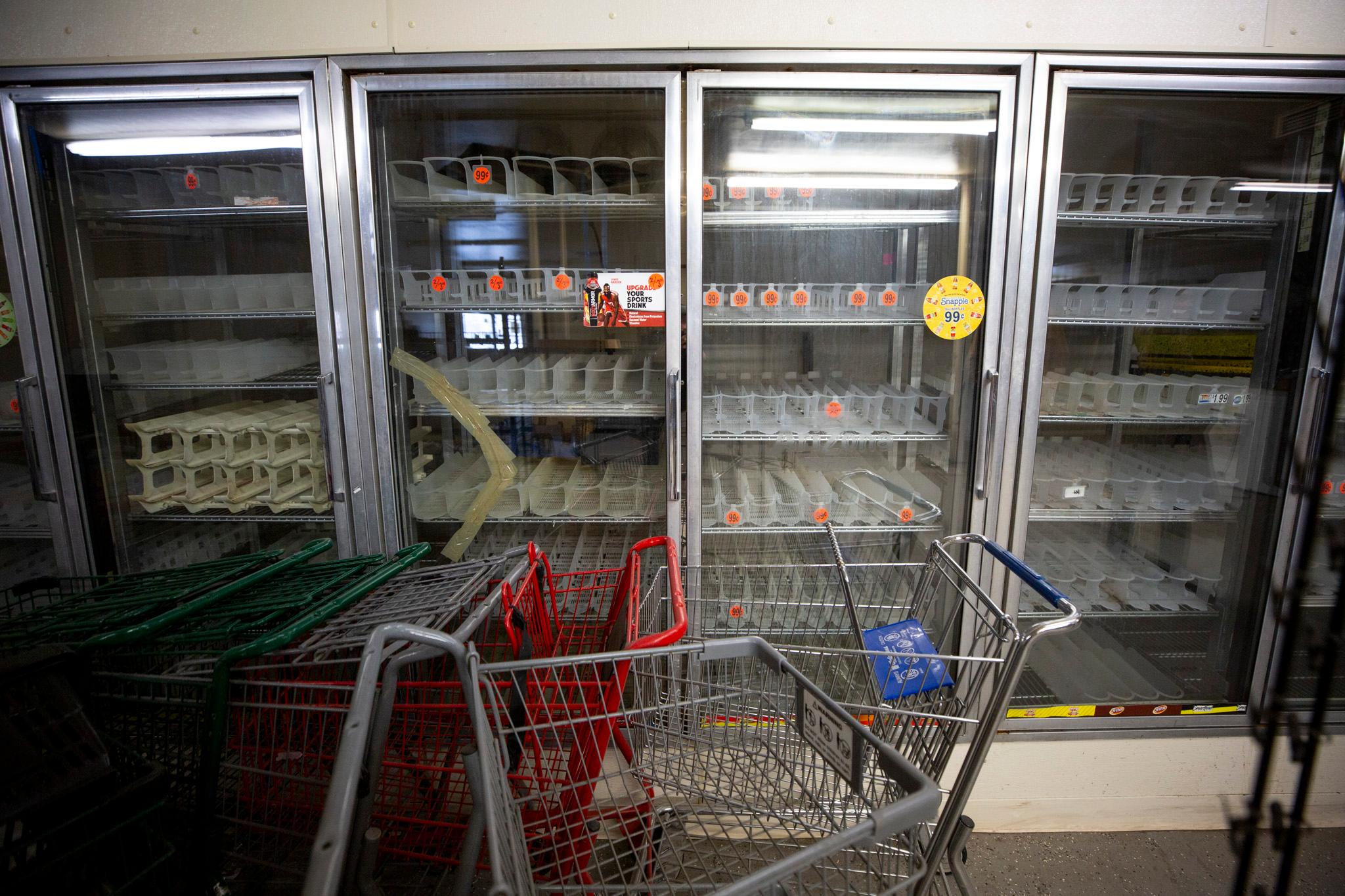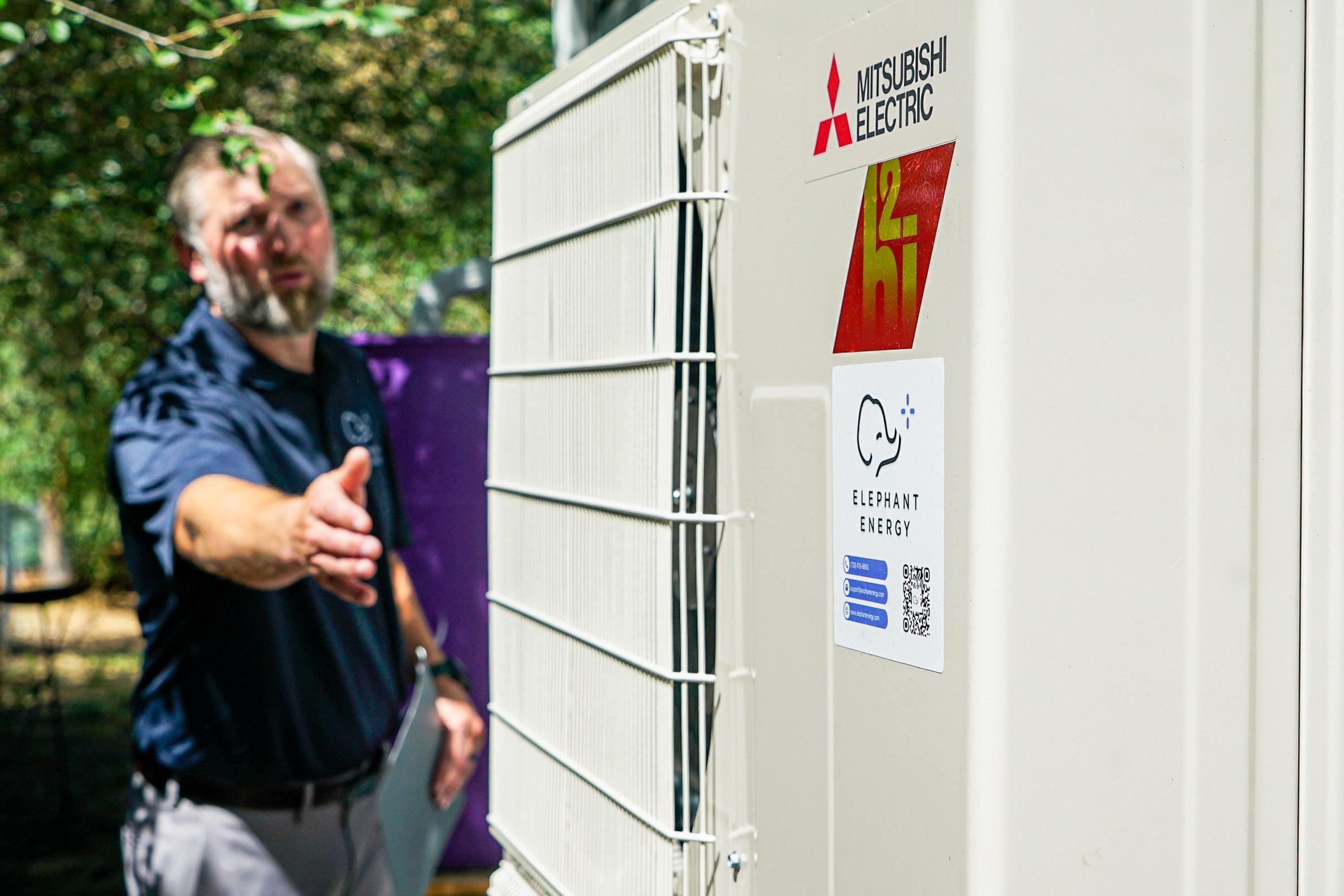
State legislators left a lot on the table during the 2016 session including construction-defects reform, funding for transportation and reclassifying of the hospital provider fee.
But the suits under the golden dome did manage to get through a number of laws intended to benefit businesses, shoppers and workers in Colorado. We take a look at a handful of those bills that made their way to the governor's desk, many of which go into effect in the new year.
1. Tax breaks for buying an environmentally friendly car
Starting Jan. 1, car shoppers could get a $5,000 tax credit for purchasing a vehicle that runs on electricity, compressed natural gas, propane or ethanol. Once adopted, people will be able to use the credits when buying their car, effectively turning a $20,900, 2017 Smart fortwo proxy cabriolet into a $15,900 car at the time of purchase.
The state's old tax break rules were more complicated and made car buyers wait to get the credits. Gov. John Hickenlooper signed the new rules for the Alternative Fuel Motor Vehicles Income Tax Credits this summer.
2. Tax breaks for first-time home buyers
State lawmakers gave a little more help to those saving to buy a home for the first time with HB 1467. Beginning Jan. 1, anyone can go to a bank or other financial institution and create a first-time home buyer savings account.
The new law ensures that individuals with the accounts can squirrel away up to $50,000 — $14,000 annually — without having to pay Colorado state taxes on the earnings from those funds.
3. New accommodations for pregnant workers
"Workplace laws are inadequate to protect pregnant women from being terminated from employment when they need a simple, reasonable accommodation in order to stay employed," according to the Pregnant Workers Fairness Act.
The act went into effect in August after being signed by the governor in June. It requires employers to provide pregnant workers more restroom breaks, help with manual labor and other accommodations as long as they don't create "significant difficulty or cost" for the company. The law also bars companies from making pregnant workers change their workload or take any accommodations that are not requested.
Employers who violate the new rules could face fines or other action from the Colorado Civil Rights Division.
4. New rights for workers to know where they stand
Starting Jan. 1, workers can peek at their personnel files. Companies have to make the files available to current and former employees at least once a year, according to HB 1432. The governor signed the bill into law this summer.
The law primarily gives access to records that show why a worker was fired or disciplined and what qualifications a worker has (or not) for employment, promotions and raises.
"This encompasses both records kept in an actual file, and those employers may collect through reasonable efforts. Put differently, employers cannot avoid the bill’s mandates by simply scattering employee records amongst multiple file cabinets," according to the Denver law firm Holland and Hart.
5. A one stop shop for business data
HB16-1014 officially turned Colorado's Business Intelligence Center from a pilot program into the real deal.
"There are two main elements to the program: No. 1, we help state agencies publish data to the state’s open data platform, the Colorado Information Marketplace (CIM), and No. 2, we run the Go Code Colorado app challenge to get people using and providing feedback on the data," said Andrew Cole, program manager of the Business Intelligence Center, in an email.
"Public data is a valuable resource that can assist businesses with strategic planning and decision making," the bill states. "State agencies collect volumes of public business and economic data, but this data is often held in legacy systems or difficult-to-use formats and made available on disparate websites."
The center is intended to address those issues and make accessing the information easier.
"We’re currently planning for the 2017 Go Code Colorado challenge, continuing to publish new data to CIM and exploring other ways that we can help meet the program’s mission: 'Promote a healthy business environment in Colorado by making business-relevant data accessible and partner with the private sector to drive innovation through the use of public data to solve business challenges,'" Cole said.
Subscribe to Denverite’s newsletter here. Business & data reporter Adrian D. Garcia can be reached via email at [email protected] ortwitter.com/adriandgarcia.












